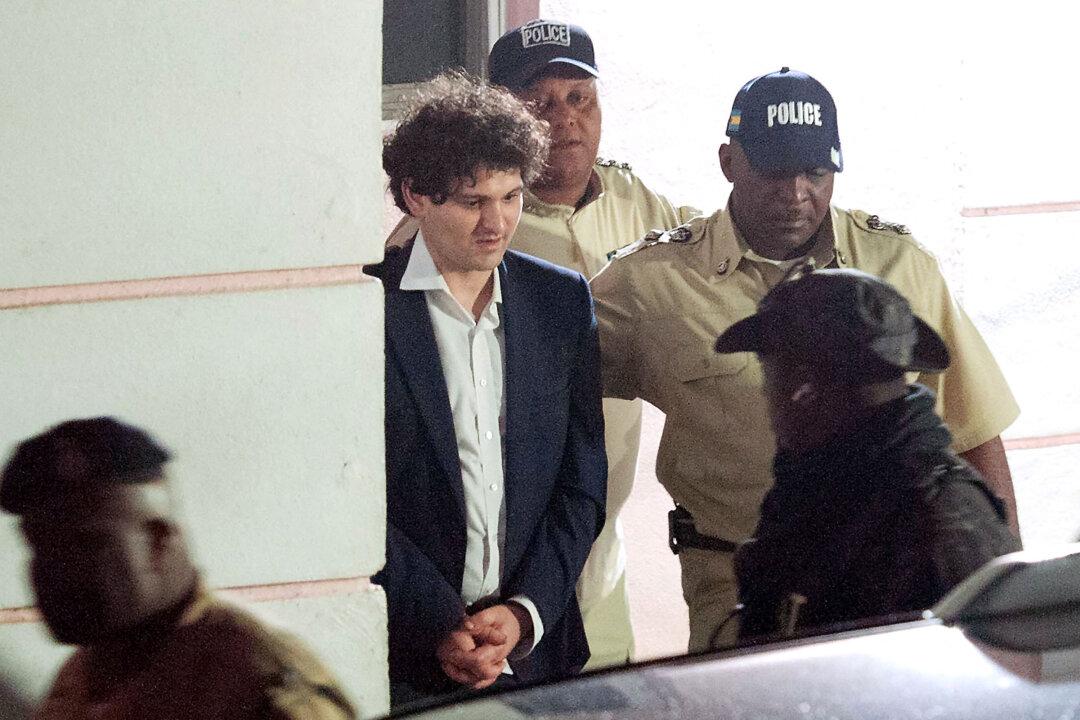FTX founder Sam Bankman-Fried agreed on Dec. 21 to be extradited to the United States on fraud charges, according to an affidavit read aloud by his lawyer during a court hearing in the Bahamas, where he has been held since being charged by federal prosecutors.
During the court hearing, Bankman-Fried stepped up to the witness stand in court and agreed to be sent back to the United States.





